Breaking News


Popular News

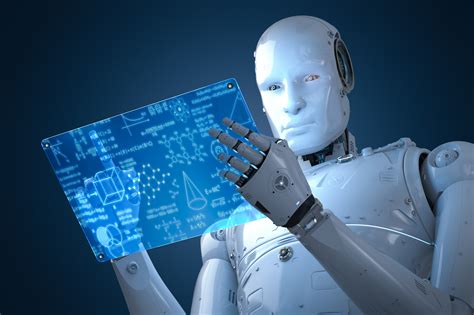
Discover the impact, applications, challenges, and future trends of AI and machine learning in everyday life, smart devices, and healthcare. Understand the limitations and integration.As technology continues to advance, the integration of artificial intelligence (AI) and machine learning has become increasingly prevalent in our everyday lives. From smartphones to smart home devices, these innovative technologies are shaping the way we interact with the world around us. In this blog post, we will explore the concepts of AI and machine learning, their applications in various fields, and the impact they have on our daily routines. We will also discuss the challenges and limitations of integrating AI into our lives, as well as the future trends that we can expect to see in this fast-evolving field. Whether it’s in healthcare, smart devices, or other industries, AI and machine learning are revolutionizing the way we live and work, and it’s important to understand the role they play in shaping our future. Join us as we delve into this fascinating topic and discover the potential of AI and machine learning in everyday technology.
Contents
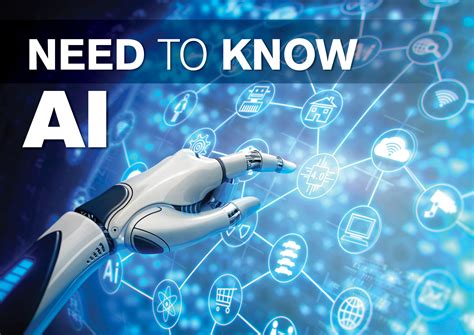
Understanding AI and Machine Learning
Artificial Intelligence (AI) and Machine Learning (ML) are two closely related concepts that are revolutionizing the way we interact with technology. AI refers to the simulation of human intelligence in machines that are programmed to think and act like humans. On the other hand, ML is a subset of AI that allows machines to learn from data without being explicitly programmed. This means that AI and ML systems can analyze large amounts of data and make predictions or decisions based on that analysis.
AI and ML technologies are being integrated into everyday technology, revolutionizing the way we live, work, and communicate. From virtual personal assistants like Siri and Alexa, to recommendation systems on streaming platforms like Netflix, AI and ML are constantly working in the background to enhance our user experience. These technologies are also being used in self-driving cars, smart home devices, and even in healthcare to analyze medical data and assist in disease diagnosis and treatment.
| AI and Machine Learning Applications |
|---|
| Virtual personal assistants |
| Recommendation systems |
| Self-driving cars |
| Smart home devices |
| Healthcare data analysis |
Despite the numerous benefits of AI and ML integration in everyday technology, there are also challenges and limitations to consider. One of the main challenges is the ethical implications of AI decision-making, as machines may not always make morally sound decisions. There are also concerns about data privacy and security when using AI and ML systems, as they often rely on vast amounts of personal data to function effectively.
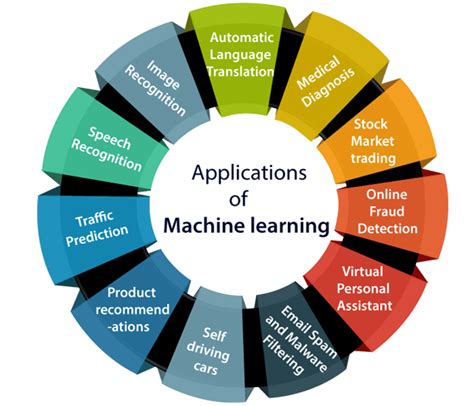
Artificial Intelligence and Machine Learning have become an integral part of our everyday technology, revolutionizing the way we interact with smart devices. From virtual assistants to recommendation algorithms, AI and Machine Learning are being used to enhance user experience and personalize content. In the realm of social media, these technologies are utilized to analyze user behavior and preferences, enabling targeted advertising and content delivery.
Furthermore, AI and Machine Learning applications are prevalent in the field of e-commerce, where these technologies power recommendation systems, fraud detection, and inventory management. Through the analysis of data and patterns, AI and Machine Learning algorithms can predict consumer behavior and optimize sales strategies, ultimately benefiting both businesses and consumers.
In the healthcare industry, AI and Machine Learning have the potential to revolutionize the diagnosis and treatment of diseases. From medical imaging analysis to drug discovery, these technologies are paving the way for more precise and efficient healthcare solutions. Additionally, AI-powered chatbots are being used to provide personalized medical advice and assistance, improving patient care and accessibility.
Overall, the integration of AI and Machine Learning in everyday technology has not only made our lives more convenient and efficient, but also holds the potential to address complex challenges and improve various aspects of society.
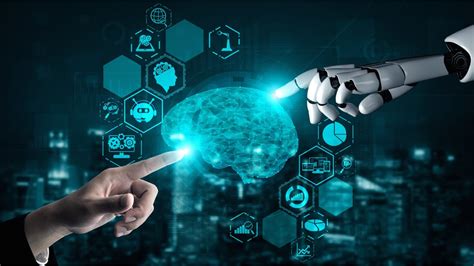
Artificial Intelligence (AI) and machine learning have become integral parts of our daily lives, impacting the way we communicate, work, and even relax. From personalized recommendations on streaming platforms to virtual assistants that help us manage our daily tasks, AI and machine learning technologies have significantly improved our everyday experiences.
Moreover, AI integration in everyday technology has also revolutionized the way we access information and make decisions. With the help of AI-powered search engines and recommendation systems, individuals can now find relevant information and discover new products and services tailored to their preferences, making the decision-making process more efficient and personalized.
Furthermore, AI and machine learning have played a pivotal role in enhancing the security and safety of everyday technology. From fraud detection algorithms in online transactions to facial recognition systems in smartphones, these technologies have strengthened the protection of personal and sensitive data, providing users with a more secure digital environment.
In addition, the integration of AI and machine learning in everyday technology has facilitated advancements in healthcare, transportation, and entertainment, contributing to the overall improvement of the quality of life. With the development of AI-powered medical diagnosis systems, self-driving vehicles, and personalized entertainment recommendations, individuals are benefiting from enhanced convenience, safety, and access to innovative solutions for various aspects of their daily routines.
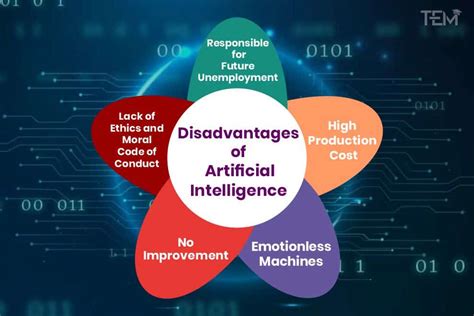
The Integration of AI and Machine Learning in Everyday Technology
One of the biggest challenges in the integration of AI into everyday technology is the lack of data. AI algorithms rely on large amounts of data to function effectively, and in many cases, this data is not readily available. This can lead to issues with accuracy and reliability, as the algorithms may not have enough information to make informed decisions.
Another challenge is the potential for bias in AI systems. Because AI algorithms are trained on historical data, they can inherit the biases present in that data. This can lead to discriminatory or unfair outcomes, particularly in sensitive areas such as hiring, lending, and criminal justice.
Additionally, the complexity of AI systems can make them difficult to understand and troubleshoot. This can make it difficult for users to identify and correct errors, as well as to ensure that the system is operating as intended.
Finally, there are limitations to the capabilities of AI technology. While AI systems can perform impressive feats, they are still far from achieving human-level intelligence. This means that there are certain tasks and problems that AI simply cannot handle, requiring human intervention or alternative solutions.
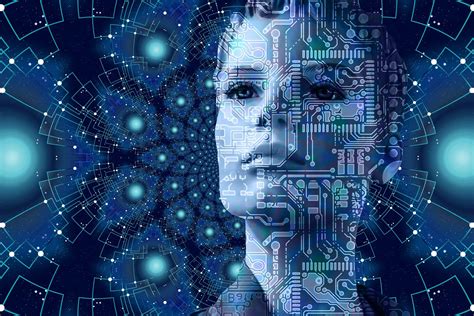
AI and Machine Learning in Smart Devices
AI and Machine Learning in Smart Devices
Smart devices have become an integral part of our everyday lives, from smartphones and smartwatches to smart home assistants and appliances. The integration of AI and machine learning in these devices has revolutionized the way we interact with technology, making them more intuitive, personalized, and efficient.
One of the main applications of AI in smart devices is in virtual assistants such as Siri, Alexa, and Google Assistant. These virtual assistants leverage machine learning algorithms to understand and respond to natural language queries, learn user preferences, and adapt to individual users over time. This allows for a more seamless and personalized user experience, whether it’s setting reminders, playing music, or controlling smart home devices.
In addition to virtual assistants, AI and machine learning are also being used in smart devices for predictive maintenance and optimization. By analyzing data from sensors and user interactions, smart devices can anticipate and address potential issues before they occur, as well as optimize their performance based on usage patterns. This not only improves the reliability and longevity of the devices but also enhances the overall user experience.
| Challenges | Solutions |
|---|---|
| Privacy concerns | Implementing robust data encryption and user consent mechanisms |
| Reliability and accuracy | Continuous improvement and validation of machine learning models |
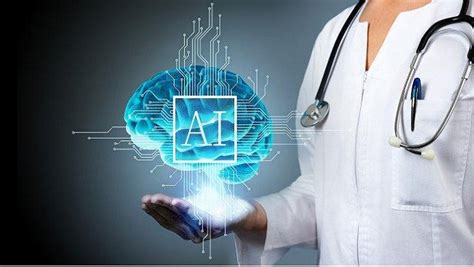
AI and Machine Learning in Healthcare
AI and Machine Learning in Healthcare
In recent years, the integration of AI and Machine Learning in the healthcare industry has revolutionized the way medical professionals diagnose and treat patients. These emerging technologies have the potential to improve patient outcomes, streamline operations, and reduce overall healthcare costs.
One of the key applications of AI and Machine Learning in healthcare is in the analysis of medical imaging. Through sophisticated algorithms, these technologies can detect abnormalities in X-rays, MRIs, and CT scans with a high level of accuracy, allowing for earlier and more accurate diagnosis of conditions such as cancer and heart disease.
Furthermore, AI and Machine Learning are being used to predict patient outcomes and personalize treatment plans. By analyzing large volumes of patient data, these technologies can identify patterns and trends that would be impossible for humans to detect, leading to more effective and tailored healthcare interventions.
In addition, the integration of AI and Machine Learning in healthcare is also paving the way for telemedicine and remote patient monitoring. Through the use of smart devices and wearable technology, patients can now receive continuous healthcare monitoring and support, even from the comfort of their own homes, ultimately improving access to quality healthcare services.
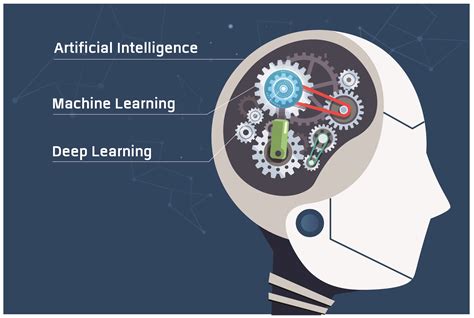
As technology continues to advance at a rapid pace, the integration of AI and Machine Learning into everyday technology is becoming increasingly prevalent. From smart home devices to autonomous vehicles, the future of AI and Machine Learning integration holds vast potential for transforming the way we interact with technology on a daily basis.
One future trend in AI and Machine Learning integration is the development of more sophisticated virtual assistants. These intelligent virtual agents will be capable of understanding and executing more complex tasks, such as scheduling appointments, making reservations, and performing personalized tasks based on user preferences.
In addition to virtual assistants, the integration of AI and Machine Learning is also expected to revolutionize the healthcare industry. Advanced algorithms and predictive analytics will enable healthcare professionals to make more accurate diagnoses, develop personalized treatment plans, and improve patient outcomes.
Furthermore, as AI and Machine Learning become more deeply integrated into everyday technology, there will be an increased focus on ensuring ethical and responsible use of these technologies. This includes addressing issues such as data privacy, algorithmic fairness, and the impact of automation on the workforce.

What is AI?
AI stands for artificial intelligence, which refers to the simulation of human intelligence in machines that are programmed to think and act like humans.
What is machine learning?
Machine learning is a subset of AI that allows machines to learn from data and improve their performance over time without being explicitly programmed.
How is AI and machine learning integrated into everyday technology?
AI and machine learning are integrated into everyday technology through various applications such as virtual assistants, recommendation systems, personalized advertising, predictive text and speech recognition, and autonomous vehicles.
What are the benefits of integrating AI and machine learning into everyday technology?
The benefits include improved efficiency, enhanced user experiences, better decision-making, automation of repetitive tasks, and the ability to analyze and interpret large amounts of data.
What are the potential drawbacks of AI and machine learning in everyday technology?
Potential drawbacks include privacy concerns, job displacement, biases in algorithms, and overreliance on technology.
What are some examples of AI and machine learning in everyday technology?
Some examples include smart home devices like Amazon Echo and Google Home, social media algorithms, online shopping recommendations, and fraud detection systems in banking.
How can individuals benefit from AI and machine learning in everyday technology?
Individuals can benefit from personalized experiences, improved accessibility, convenience, and time savings as a result of AI and machine learning in everyday technology.